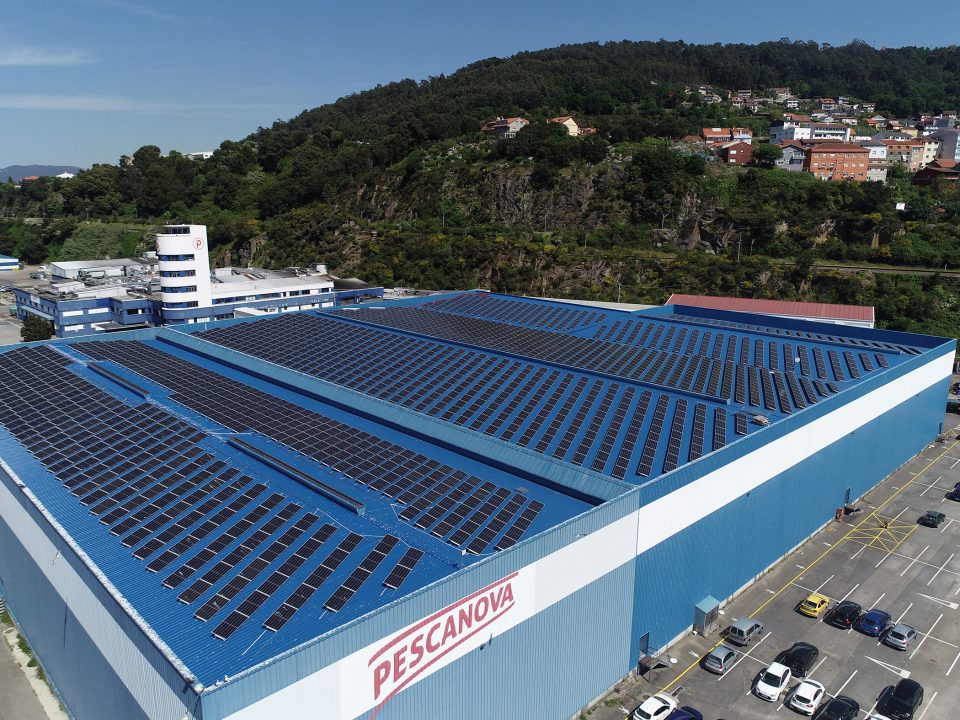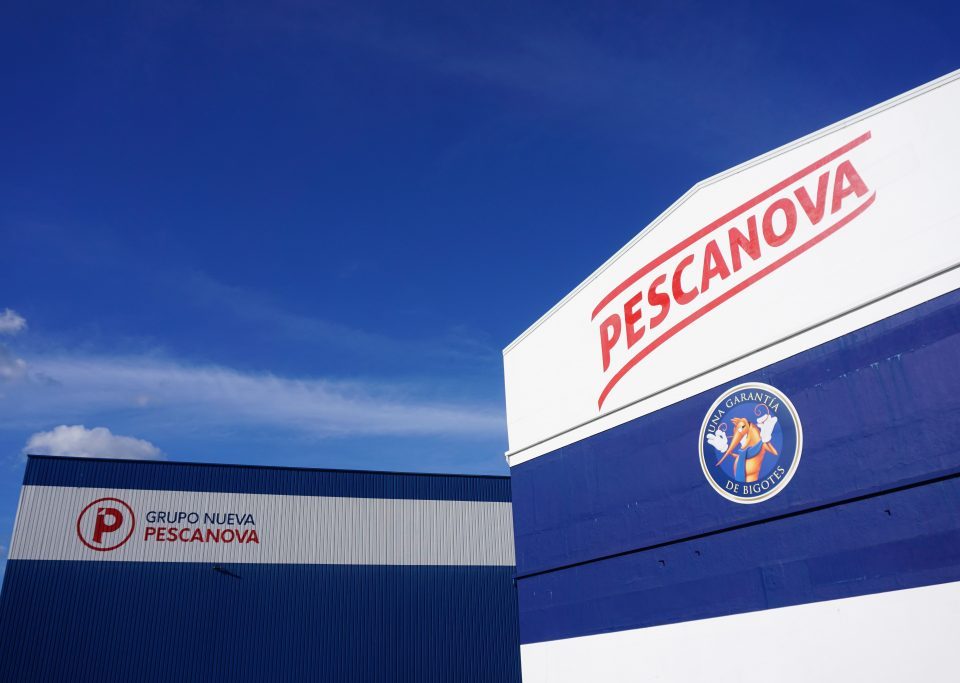
Nueva Pescanova builds a new plant in Peru to increase its production capacity
3 May, 2021
Pescanova launches its online shop for Spain
1 October, 2021Based on the GDST1.0, Nueva Pescanova Group will enable consumers to transparently know the journey of its products throughout their supply chain, from the time they are caught until they reach the market, thus providing evidence of their sustainability, quality and food safety.
● Seafood traceability is one of the key objectives to support a healthy and productive ocean by 2030.
Vigo, June 8, 2021.- The Nueva Pescanova Group and IBM are working together to trace all of Nueva Pescanova’s seafood products on the IBM Food Trust (IFT) platform, a blockchain-based network designed to help ensure the traceability of products across the supply chain. The solution uses the Global Dialogue on Seafood Traceability’s (GDST) 1.0 standards and aligns with the United Nations Global Compact’s key actions to help achieve a healthy and productive ocean by 2030 by ensuring seafood traceability and the support to a sustainable industry.
For the development of this project, the company will follow the GDST standards, which enable interoperability between seafood traceability systems ensuring that key data from each link in the value chain is collected and recorded digitally. The standards will assist with the documentation of not only the batch and product characteristics, but also the documents that accredit permits, licenses, locations and certifications that prove responsible fishing and farming practices, as well as the evidence of sustainability, and the guarantee of food safety that markets and consumers demand.
The project began with the registration and digitalization of two key operations for Nueva Pescanova: shrimp fishing in Argentina and the cultivation of Vannamei prawns in Ecuador, which in turn will be complemented by the company’s processing and marketing activities in Spain.
Ignacio González, CEO of the Nueva Pescanova Group, states that: “We fish, grow, process and market in a sustainable manner. Through this ambitious project we want to offer our consumers all over the world rigorous and detailed information on the traceability of our seafood products, from their origin until they reach their tables. The GDST standards make this possible. Now is the time for businesses across the seafood sector to begin implementing the GDST standards”.
For his part, Javier Olaizola, head of Services at IBM Spain, assures that “our platform brings together members of the entire supply chain, offering a space for the exchange and tracking of information on food products. This generates trust among users, since a digitized and permanent chain of transactions is created that cannot be modified.”
Each member of the blockchain network has an exact copy of the data, and any added information is shared across the network based on each participant’s level of permissions. In this way, producers, wholesalers and retailers can interact more efficiently, accessing data in a comprehensive and near real-time manner.
A recent study conducted by IBM in Spain confirmed that nearly half of the respondents would buy more fish if they were provided with proven and reliable information about its origin, safety and production. Another survey of consumers in several countries concluded that 79% of consumers believe it is important for brands to offer guarantees of authenticity when buying products.





